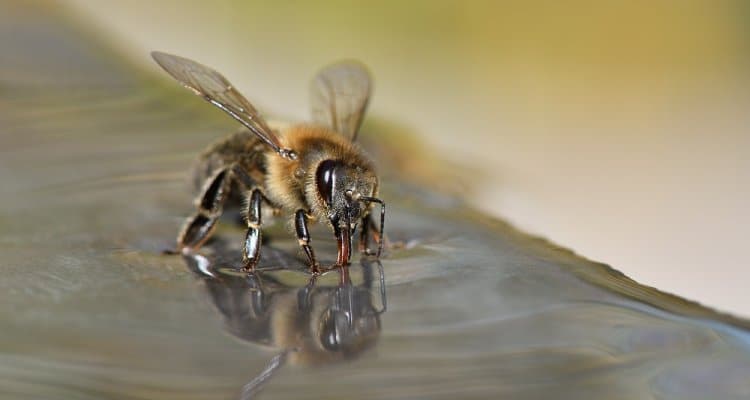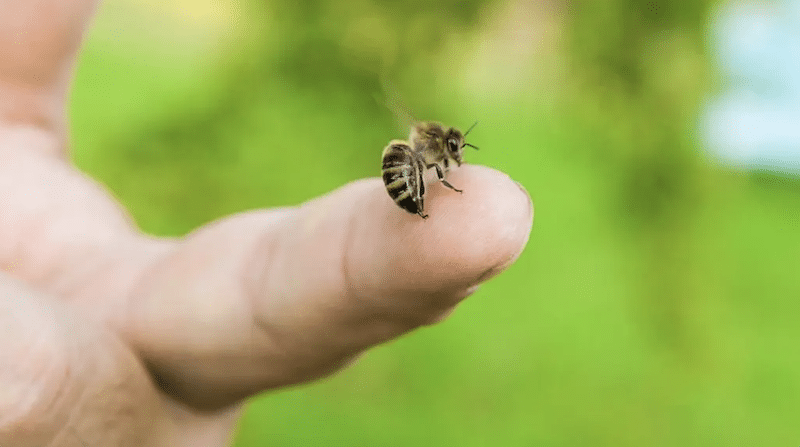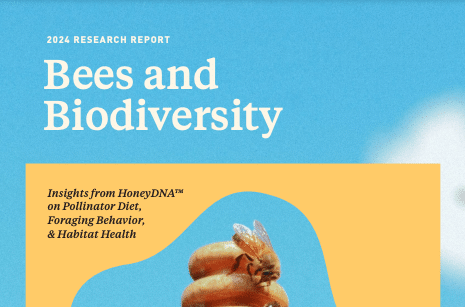Scientifically-managed beehives capture a range of metrics and data. This data helps The Best Bees community to better understand the plight of pollinators. Now, the bees are helping us to understand the coronavirus pandemic with their sense of smell.
According to InsectSense and Wageningen Bioveterinary Research, bees were trained to sniff out the scent of SARS-CoV-2 infected samples within seconds. By using a sweet, sugar-reward conditioning test, researchers were able to associate the reward with the infected samples.
Bees used their tongues to collect the sugar water solution. When no reward was presented, roughly 150 bees continued to stick out their tongues when presented with infected human samples.
“This is a really exciting extension from the research we presented at TEDxBoston 2014 (start at minute 15) where the same technique has been used to detect cancer, blood sugar levels in diabetics, and bomb detection in airports. The method to train bees to detect COVID is actually pretty simple. It will be so fascinating to see where this will go in the future.” – Noah Wilson-Rich P.h.D
The Dutch researchers share that the “technology, ‘BeeSense’, can be a very effective diagnostic system for low-income countries that face challenges in accessing infrastructure and high-tech technologies.”
When the scientific community can use beehive data to understand trends, analyze what’s working and what isn’t, and create a barometer of the impact of climate change on pollinator health, the future of our planet looks brighter.






